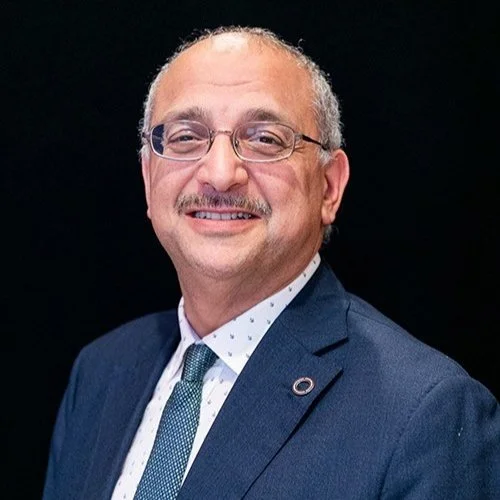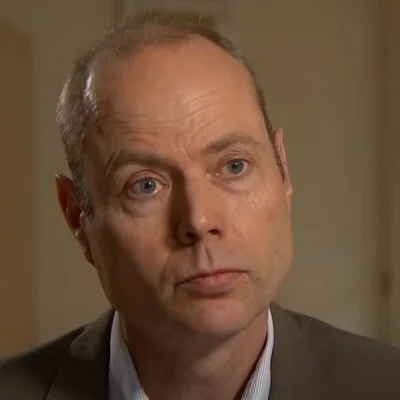Humans have lived on the earth for over six million years. We achieved a lot during this period by surpassing our imaginations with outstanding technological advancements. In addition, we moved the planet at warp speed from Pre-Jurassic levels to the current age of social interaction.
However, this incredible feat came at a cost. We have consumed many rare resources and depleted them considerably - sometimes to the point of no return. Likewise, we have wiped some plants and animals off the earth's surface.
If we progress further with this developmental pace and the use of the environmental resources goes unabated, the earth will head into ground zero. While this deterioration might be hard to picture, assessing the level of damage already done to the planet shows a progression to partial or even total doom - if we do nothing to reverse the status quo.
World Environment Day is one day mapped out for re-strategizing ways to save our dear planet from any dinosaur-era apocalypse. On this day, seasoned experts from different fields discuss preserving the earth and reserving enough resources to sustain our future generations. Therefore, we're excited to invite distinguished professionals like you from around the world to this year's Virtual Symposium.
Here, you'll engage other experts in other disciplines on ways to promote sustainable use of the earth's scarce resources.
MEET THE SPEAKERS
Zhao Shasha
Associate Professor
Surrey University Business School, UK.
Mohamed Cheriet
Director General
Research Center for the Operationalization of Sustainable Development (CIRODD), Montréal, Canada.
Niki Harré
Professor
School of Psychology, University of Auckland New-Zealand
Hassana Elzein
Project Manager
Research Center for the Operationalization of Sustainable Development (CIRODD), Montréal, Canada.
Lars Hein
Professor
Deputy Chair of the Environmental Systems Analysis Group at Wageningen University.
Carolin Jonczyk
Deputy Project Lead
Youth Sustainable Development Solution Network







